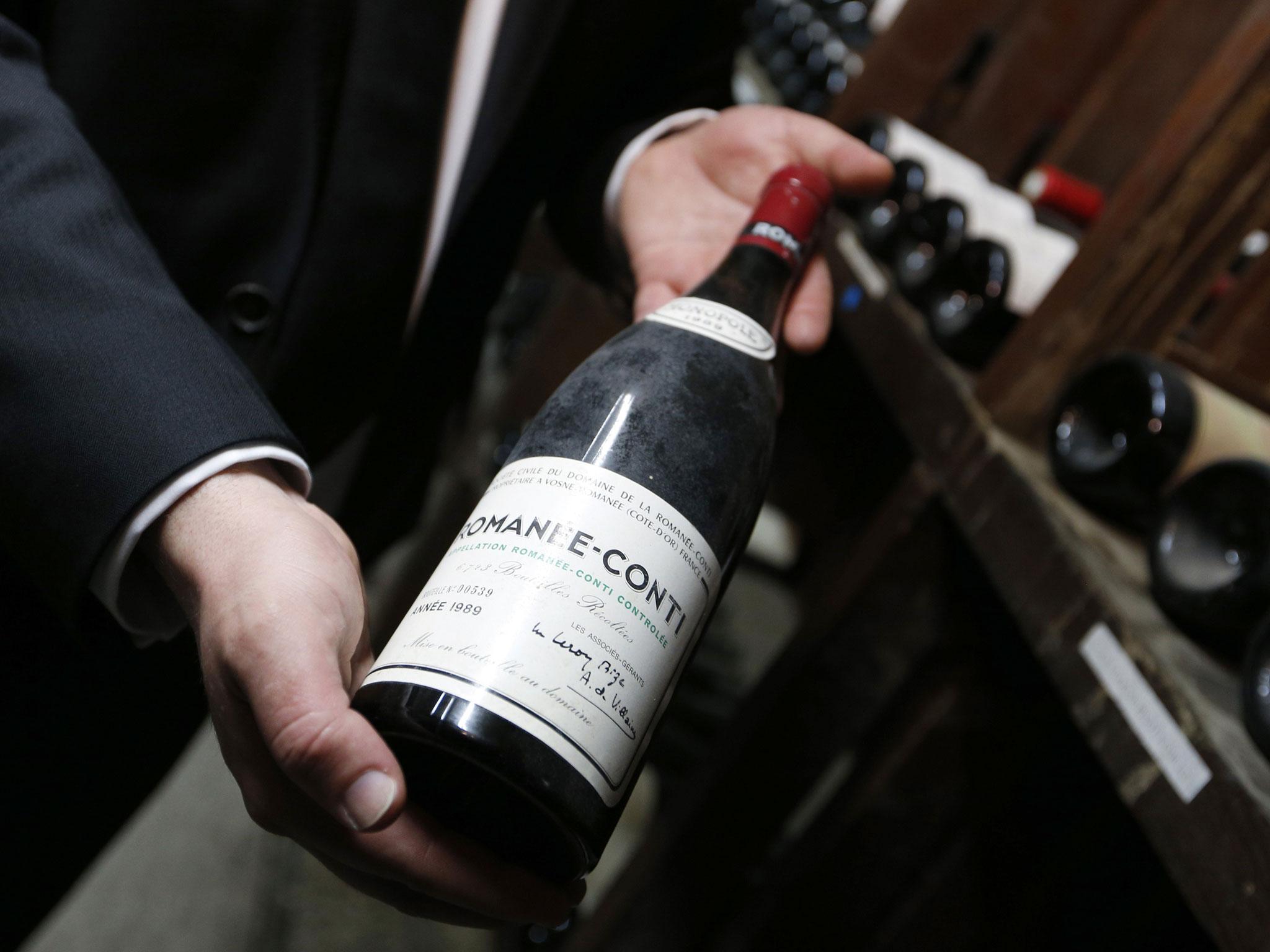Red wine compound can slow brain ageing, study finds
Resveratrol keeps brain young – but unfortunately wine contains too little to have effect

Your support helps us to tell the story
From reproductive rights to climate change to Big Tech, The Independent is on the ground when the story is developing. Whether it's investigating the financials of Elon Musk's pro-Trump PAC or producing our latest documentary, 'The A Word', which shines a light on the American women fighting for reproductive rights, we know how important it is to parse out the facts from the messaging.
At such a critical moment in US history, we need reporters on the ground. Your donation allows us to keep sending journalists to speak to both sides of the story.
The Independent is trusted by Americans across the entire political spectrum. And unlike many other quality news outlets, we choose not to lock Americans out of our reporting and analysis with paywalls. We believe quality journalism should be available to everyone, paid for by those who can afford it.
Your support makes all the difference.A substance found in red wine can help keep the brain young in a similar way to exercise and a low-calorie diet, scientists have discovered.
Resveratrol, which occurs naturally in the skin of fruits including grapes, blueberries and mulberries, can keep muscles supple and help protect connections between neurons in the brain, according to researchers at Virginia Tech Carilion Research Institute.
Tests on elderly mice showed the compound significantly slowed brain ageing by preserving synapses called neuromuscular junctions, which relay movement signals from the brain to the muscles.
Mice who had been given resveratrol from one year of age had more youthful neuromuscular junction synapses at two years old than those who had not.
“I believe that we are getting closer to tapping into mechanisms to slow age-induced degeneration of neuronal circuits,” said the study’s primary author, assistant professor Gregorio Valdez.
Red wine contains more resveratrol than white wine because it is fermented with the grape skins.
However, wine lovers will be disappointed to hear that the alcoholic drink does not contain enough resveratrol to ward off old age.
“In wine, resveratrol is in such small amounts you could not drink enough of it in your life to have the benefits we found in mice given resveratrol,” said Dr Valdez.
“These studies are in mice and I would caution anyone from blasting their bodies with resveratrol in any form.”
“The next step is to identify the mechanism that enables resveratrol to protect synapses. If we know the mechanism, we can modify resveratrol or look for other molecules that are more effective at protecting the synapses.“
Dr Valdez and his team also tested the diabetes drug metformin and found that slowed muscle ageing but did not it also helped to slow synapse degeneration in the brain like exercise and a healthy diet.
The study, published in the Journals of Gerontology, Series A, found that while resveratrol had a neuroprotective effect, it was less effective than a calorie-restricted diet at protecting the brain from aging.
Learning a second language has also been shown to delay brain ageing – but while a glass of red wine might help with French conversation practice, unfortunately it won’t do much else.
Join our commenting forum
Join thought-provoking conversations, follow other Independent readers and see their replies
Comments